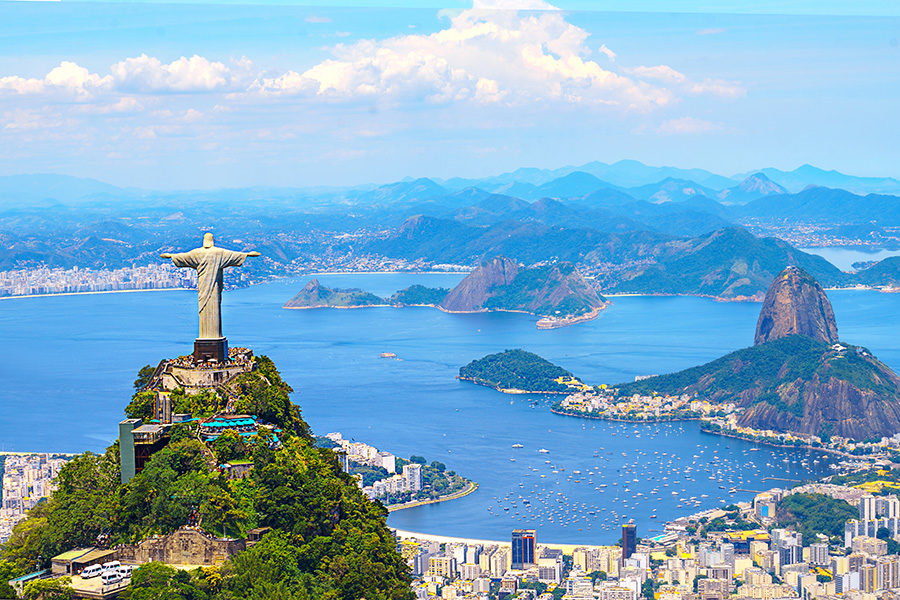Online gambling in Brazil: deadline set for unlicensed operators

The Ministry of Finance of Brazil says that operations that have not applied for a gambling licence will be suspended.
Brazil.- The Ministry of Finance has given unlicensed operators a deadline of October 1. After that, any gambling business that has not applied for a Brazilian online gambling licence will see its operations suspended ahead of the launch of a regulated market on January 1.
Betting operators that fail to submit an application by the end of this month will be considered illegal from October 1. The new Brazilian gambling regulator, the SPA, will allow them until October 10 to refund customer funds and close accounts.
The ministry said in a statement: “Only companies that are already operating and have requested authorisation by September 30, 2024, may continue to operate until December 2024. By 1 January 2025, only fully compliant companies will be able to continue operations.”
Brazil online gambling licensing progress
The SPA is currently reviewing 113 online gambling licence applications after a priority application window closed on August 20. Applications must meet the technical requirements set out last month and will have to pay a fee R$30m (€4.8m) by the end of the year.
Regis Dudena, general secretary of the SPA, said: “We will maintain the transition period until the end of December only for those who have already demonstrated that they want to act in accordance with the law, and in accordance with Brazilian rules.”
It’s unclear how many gambling businesses active on the unregulated market have failed to apply for a licence, but it’s likely to become increasingly difficult for them to operate, even without the official deadline. The instant payment service Pix is the most popular way to deposit funds for gambling in Brazil, and the government has said that it will block payments to unlicensed operators.
Other measures under Ordinance No 615 will include a requirement for player and operator accounts will have to be authorised by the Central Bank of Brazil, further restricting the possibility for unlicensed operators to participate in the market.











